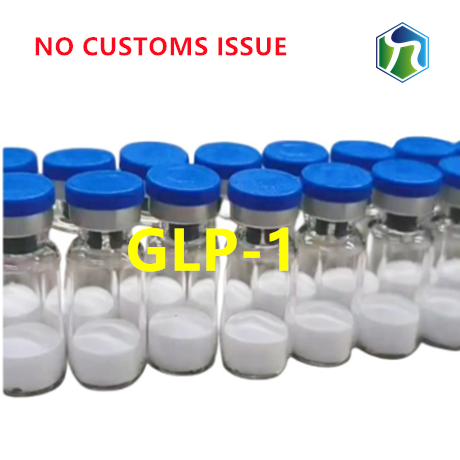
- +86-13363869198
- weimiaohb@126.com

Jul . 31, 2024 21:16 Back to list
Exploring the Role of Reactive Intermediates in Organic Chemistry and Their Impact on Reaction Mechanisms
Reactive Intermediates in Organic Chemistry Understanding the Unstable Species
Reactive intermediates play a pivotal role in the realm of organic chemistry, serving as transient species that provide insight into the mechanisms of chemical reactions. These intermediates, often too unstable to be isolated, are essential for understanding how reactants transform into products. By studying these fleeting entities, chemists can decipher the pathways that lead to the formation of various compounds, which is crucial for the development of new synthetic methods and the optimization of existing ones.
One of the most significant classes of reactive intermediates is free radicals. Free radicals are atoms or molecules that possess an unpaired electron, making them highly reactive. Their formation and subsequent reactions can lead to a series of important transformations, such as polymerization, oxidation, and even biological processes like DNA repair. Understanding free radicals allows chemists to harness their reactivity in synthetic applications and to mitigate their potential harmful effects in biological systems.
Another critical category of reactive intermediates is carbocations. These positively charged species are formed when a carbon atom loses a substituent, resulting in an electron deficiency. Carbocations are known for their role in electrophilic addition reactions, where they act as powerful electrophiles. The stability of carbocations varies considerably and is influenced by factors such as steric hindrance and resonance. For instance, tertiary carbocations are more stable than primary counterparts due to the alkyl groups’ ability to donate electron density. This stability is fundamental in predicting the outcome of reactions involving carbocations, making them a focal point in reaction mechanism studies.
reactive intermediates in organic chemistry book pdf

Carbanions, the negatively charged analogs of carbocations, are another intriguing class of reactive intermediates. Formed by the removal of a proton from a carbon atom, carbanions are nucleophilic species that can attack electrophiles, leading to the formation of new bonds. Their reactivity is influenced by the surrounding molecular environment, and the presence of electron-withdrawing groups can significantly stabilize carbanions. Understanding carbanion reactivity is crucial in synthetic organic chemistry, particularly in reactions such as alkylation and condensation processes.
Furthermore, the role of heterocyclic intermediates cannot be overlooked. Compounds such as nitrenes, carbenes, and oxiranes are key players in organic synthesis. Nitrenes, which contain a nitrogen atom with a non-bonding electron pair, are known for their unique reactivity patterns, often forming C-N bonds in organic compounds. Carbenes, characterized by a divalent carbon atom, can result in various outcomes, including cyclopropanation and insertion reactions. These intermediates are highly reactive and typically require specific conditions for their generation, making them suitable for targeted synthetic applications.
In conclusion, the study of reactive intermediates in organic chemistry is vital for understanding reaction mechanisms and developing new synthetic strategies. By probing the reactivity patterns and stability of free radicals, carbocations, carbanions, and heterocyclic intermediates, chemists can design more efficient pathways for compound synthesis. As organic chemistry continues to evolve, the exploration of these transient species will undoubtedly play a crucial role in advancing both theoretical knowledge and practical applications in the field. With ongoing research and advancements in analytical techniques, the mysteries surrounding reactive intermediates will continue to unfold, paving the way for innovative breakthroughs in organic synthesis.
-
Top CAS: 79099-07-3 Factories & Wholesale Supplier from China
NewsJul.30,2025
-
High-Quality GS-441524 for White Liquid Type Factories & Suppliers
NewsJul.29,2025
-
High-Quality Pharmaceutical Intermediates for Sale – Reliable Supply
NewsJul.29,2025
-
High-Quality Pharmaceutical Intermediates for Sale - Reliable Solutions
NewsJul.29,2025
-
High-Quality Pharmaceutical Intermediates Supplier for Global Market
NewsJul.28,2025
-
GS-441524 for White Liquid Type Factories – High Purity & Reliable Supply
NewsJul.28,2025